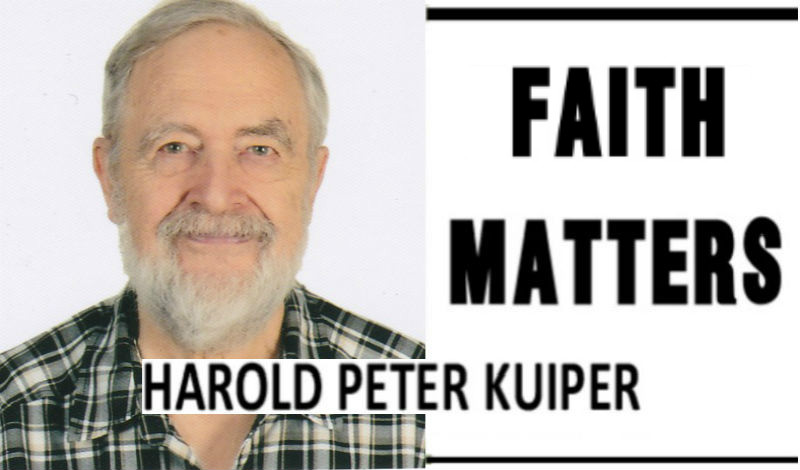Brent opened the group meeting with I’d like to welcome you all again, including two people who attended last week’s session: Deacon Annabelle, from Holy Mackerel Church, and Brother Jerome, the “born-againer”! (Jerome grins) and gives a prayer and a comment: Last week we talked about a couple of important issues, the need for a law governing the length of time a bus or truck driver can be driving each day, and AB 7303, which would legalize divorce, under certain circumstances, in the Philippines. By the way, I just heard that President Duterte is thinking about proposing a law that buses would always require two drivers. That makes a lot of sense to me; in fact on some buses the conductor could be trained and licensed to be a driver, too, right? (Some people nod their heads, but most just sit there.)
Now, does anyone have any more thoughts on what we talked about last week? For instance, Should the Church get involved in politics and the legislative process?
Benedicio, the former priest, now philosophy prof, answers: By all means. I recall very vividly how Cardinal Sin back in the 80’s helped inspire the revolution that brought down Ferdinand Marcos, and the Catholic Church had a profound impact in Europe for the casting off of the communist yoke, especially in Poland.
Jerome speaks up: I agree. I belong to a very fundamentalist tradition, whose emphasis was always on the saving of souls, personal evangelism. But in recent decades our concerns, especially in missions, has been broadening out, to include a more New Testament model—feeding the hungry, caring for the sick, visiting the shut-ins and prisoners, etc. Or as James puts it, in the Message paraphrase: “Real religion, the kind that passes muster before God the Father, is this: Reach out to the homeless and loveless in their plight, and guard against corruption from the godless world.” And of course, consider the judgment scene in Matt. 25: 31-46; “As you did it to one of the least of these—or not—you did it unto me—or not!” Annabelle adds, Yes, and as Scripture enjoins us to care for the widows and orphans, should we not try as a society to prevent the making of them, through laws for instance which would make bus travel safer?
Philosophy student Tony comments, Yes, I think it’s the Father’s will that government enact just laws to make people safe. And I’ve learned something intriguing in my studies of epistemology (theories of knowledge)—when we commit to doing the Father’s will in these ways, we will find our faith in Jesus strengthened, as He says in John 7:17: “Anyone who wants to do his will can test this teaching and know whether it’s from God or whether I’m making it up.” (The Message.)
Father Henry comments: Take marital problems. If couples would realize that marriage has a sacramental quality to it, and that they can, with the Lord’s help, learn to love and forgive each other, as Scripture teaches, we wouldn’t be having a divorce problem. Couples could focus on how the Lord is leading them together forward, rather than on the past, with all its fault-finding and resentments. They can bring grace to each other; acceptance, happiness, not judgment and rejection.
So, does that mean you’re against AB7303? asks Brent.
No, I think it’s necessary, as long as it’s not a “no-fault law.” But we clergy, and Sunday School teachers, etc., need to do a better job of teaching people how to be better disciples of Christ, for as we sing at Christmastime, “Truly He taught us to love one another. . .” Let’s show this to one another over merienda!













